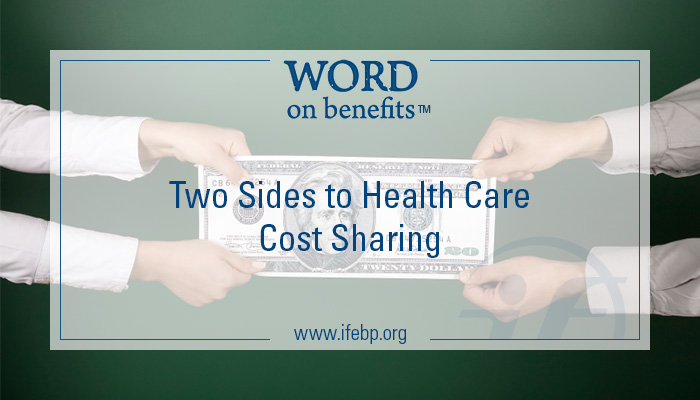
Most people with health insurance pay little attention to the cost of a medical procedure they need or perhaps want—unless they’re going to have to pick up part of the tab. Then they may think twice about going ahead with it. Ideally (if they have the right knowledge and tools), they’ll even do some comparison shopping and choose a less expensive provider.
That’s the theory behind the growing popularity of high-deductible health plans (HDHPs): People with skin in the game will use health care dollars more wisely. But, as the title suggests, there may be a downside to this approach.

Another rationale for shifting potentially thousands of dollars a year away from plan sponsors and onto individuals and families is that health insurance is, after all, insurance. It’s intended to protect people from financial disaster in the event of cancer, other high-cost illnesses or a premature baby but not to shield them from bills they can afford to cover—theoretically, anyway.
But there’s a dark side to making plan participants responsible for more of their health care costs, according to the authors of “Potential Dangers of More Cost Sharing” in the February 2015 issue of Benefits Magazine. In the short run, a health plan very likely will save money through higher deductibles and copays. In the long run—if plan participants forgo needed care because they fear a big bill and then get sicker—the health plan might spend much, much more to treat them.
[Related: 2014 Employer-Sponsored Health Care: ACA’s Impact]
In the article, Randi Weingarten, president of the American Federation of Teachers (AFT), John D. Abraham, CEBS, co-director of the Center for Workers’ Benefits and Capital Strategies of AFT’s Research and Strategic Initiatives Department, and former AFT interns Kia Dodson Sanger and Ryan Arams cite numerous studies to make their case.
They contend that the prevalence of HDHPs is neither stemming the rising cost of care nor keeping people healthy. Instead, what HDHPs accomplish is many people deciding to forgo recommended care. And, they write, health care costs continue to climb not because of overutilization, but because of the rising price of health services. Rather than shifting a greater share of costs to families, they believe, efforts to reduce soaring health care costs should focus on the reasons for rising prices: the lack of price competition, high administrative costs, new technologies and drugs, an aging population, fee-for-service reimbursement and fear of malpractice lawsuits.
It seems doubtful the move to HDHPs will slow down, especially with the looming threat of the Cadillac tax on high-cost health plans in 2018. But how much cost shifting is too much? Plan sponsors may wish to keep an eye on what’s happening to the health of their population if participants are expected to pick up more of the cost.




